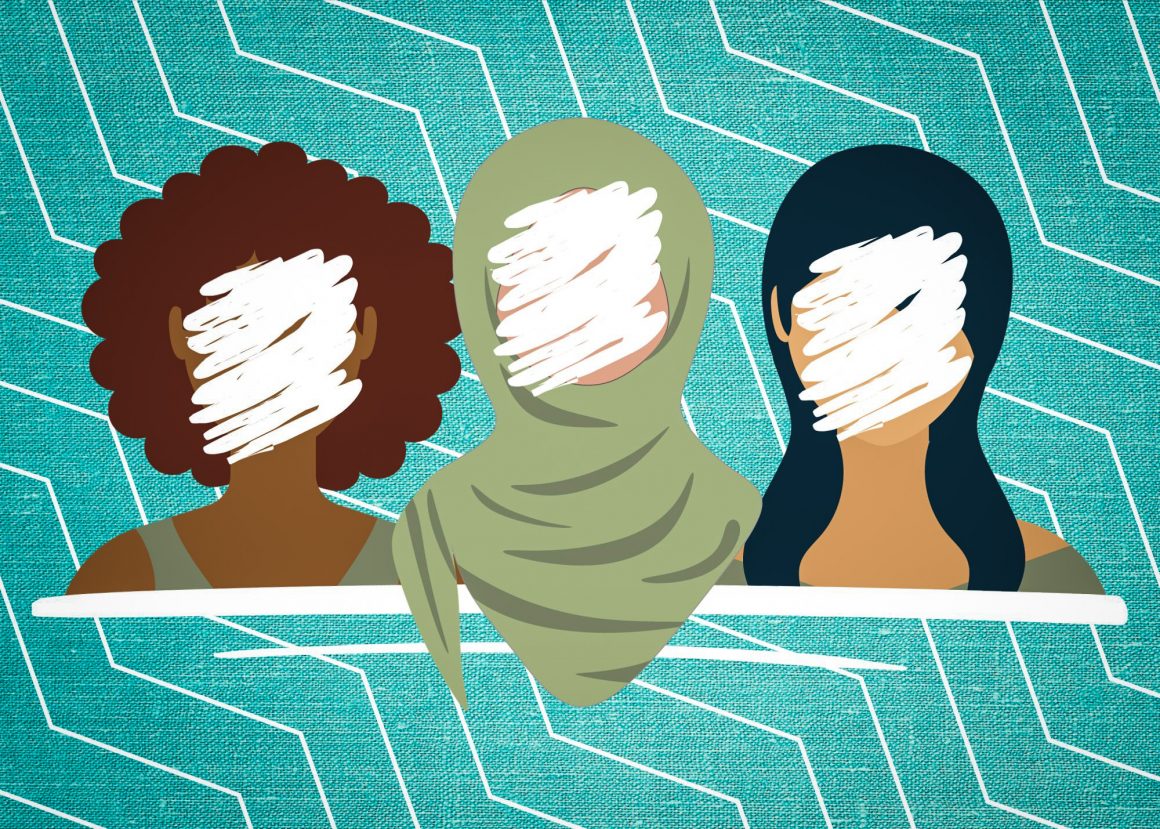
Identity politics and what-nots
By Reyam Jamaleddine, October 16 2023—
The Merriam-Webster dictionary defines whitewashing as the altering of “(something) in a way that favours, features, or caters to white people”. In essence, to wipe away an identity and rid of cultural experience, to wash it and clean it away of anything that is contrasting to the white. Whatever blots and dirties up the white is to be washed and bleached away. An identity that is whitewashed is an identity that is made clean — riddance of the impurities that disavow true whiteness.
This is the seventh time I have begun writing this piece.
Definition aside, this is the seventh time I have dreaded looking at this page and the seventh time I have doubted my ability to manifest my thoughts on this page. The seventh time that I hated the idea and objective of the piece. The seventh time that I reminded myself of the intention of the piece and why I wanted to write it in the first place.
Seven times over, immediately when I began typing the words that appeared on the page formed themselves into self defenses and commentary that sought validation from the readers. I am this because of this, I am here because of this, I am this way because of this. I gave examples of my experiences, anecdotes and a presentation of the array of my interests. I followed this up with vigorous arguments about the politics that surround these experiences. Over and over I meticulously attempted to decipher all the ways that my arguments can be founded and understood.
I find myself writing not for the insights of those who are like me, those who can relate and those who I initially wanted to write for. I found myself argumentative and defensive so that those who can assign me whitewashed can read — read all my ideas that defend my identity and play with the politics of self. The politics of identity. I hate that those are the words I chose, politics and identity. Academic and meant to be questioned, researched, looked into and thought about.
Calling someone whitewashed cuts deep. Experiences of being called whitewashed are not isolated. A friend and colleague of mine, Nazeefa Ahmed, someone who I am shocked can be questioned for her culture, and a woman so rich in her character and so diverse, almost as if she has an endless encyclopedia of human existence built in her brain. In her own lived experience she wrote “The fact is that I have integrated into greater Canadian and Western culture, and, unlike some, I don’t see this as a threat to my identity. To me, integration is a beautiful gift, one that gives me the ability to see the world from two unique lenses. I think it is desirable to grow up immersed in a dichotomy of culture and reap the benefits of both.”
Leaving my defences and arguments behind, my contribution to blissful ignorance, the lack of depth in this piece and the acknowledgment of needing any depth is a step closer to being considered normal — by myself and by others, an existence that is not political or controversial.
For the exact reason that experiences like mine or Ahmed’s are not isolated, this piece should never have begun with a defence — rather an ode. An ode to those who are slurred as whitewashed, an ode to the not enough. An ode to the not good enough. An ode to the betrayers and an ode to the caterers. An ode that I won’t write for you, not an ode I will generalize as the experience for us all but a call to action for you to begin yours.
This article is a part of our Voices section and does not necessarily reflect the views of the Gauntlet editorial board.
